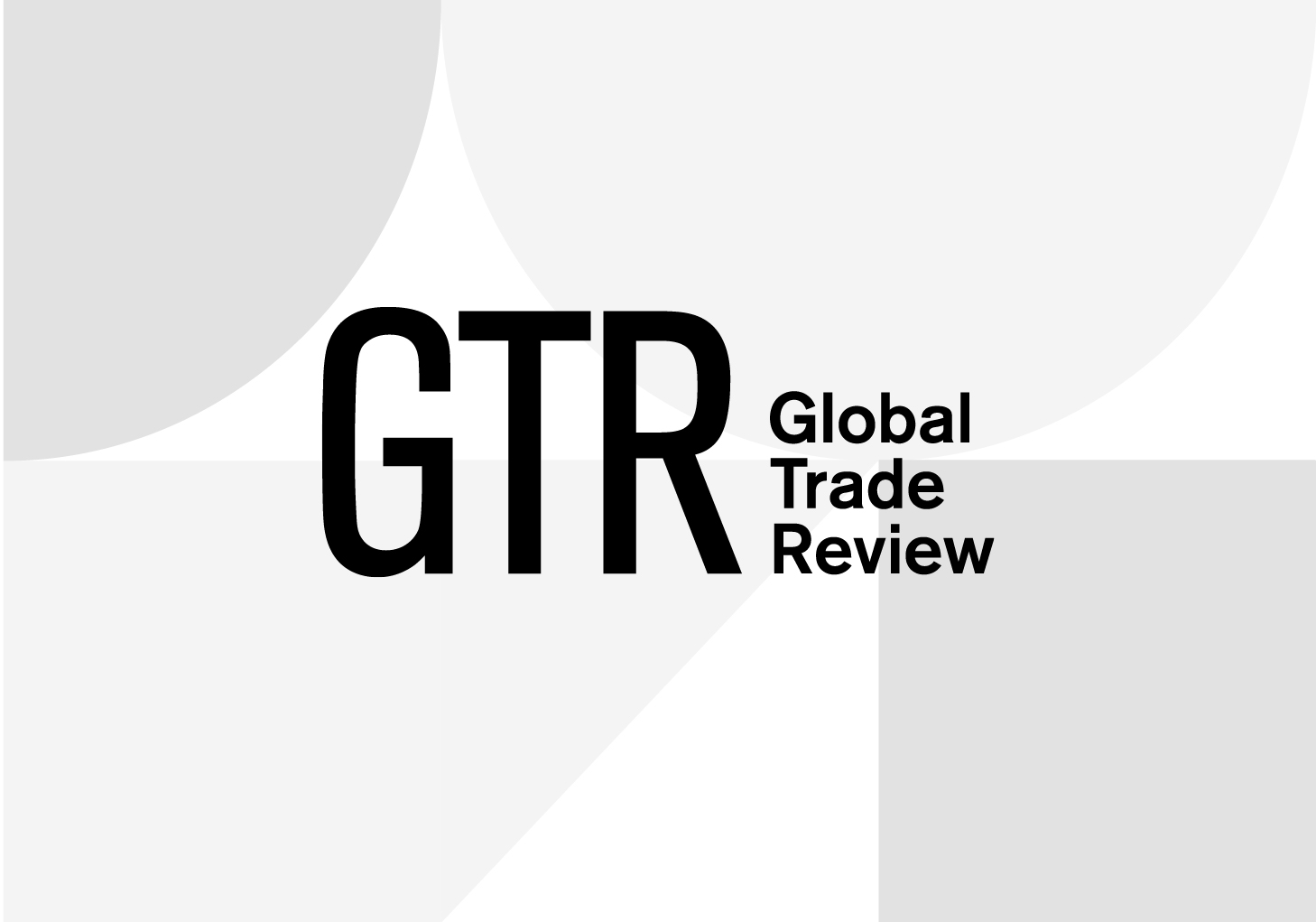The Market Association Political Risks and Financial Contingencies Business Panel at Lloyd’s of London has been developing regulations on what Lloyd’s underwriters can do in the area of trade finance. Andrew Underwood, Head of Political Risks at Lloyd’s underwriter Hiscox, explains further.
For 2007, there are 66 syndicates at Lloyd’s , 162 Lloyd’s broking firms, and 92% of FTSE 100 companies buy insurance at Lloyd’s . The market capacity (income) is around £16bn and each day around 4,000 people visit the building. Lloyd’s underwriters insure a variety of risks including homes, offices, ships, cargoes, satellites, oil rigs, racehorses, pop stars, and event cancellation, and can also cover loss arising from terrorism, war, and political risk.
Trade linkages
So you may have heard of Lloyd’s , but what does it have to do with trade finance
- Lloyd’s syndicates have been a provider of political risk insurance for more than 25 years and in the last 10 years alone have paid hundreds of millions of US dollars in political risk claims which include trade finance and investment related losses.
Although confidentiality issues mean that many organisations are unwilling to share details of their claims – with some insurers starting to post sanitised examples of political risk claims on their websites – there is increasing transparency around trade finance-related claims.
Furthermore, Lloyd’s has created the Market Association Political Risks and Financial Contingencies Business Panel, of which I was recently appointed chairman and Nick Kilhams deputy chairman.
This is a body with which some in the trade finance field may not be familiar, however. A key focus for the panel has been developing regulations on what Lloyd’s underwriters can do in the area of trade finance. Perhaps most significantly, under the leadership of the previous chairman, David Wright, the panel developed and ultimately obtained Lloyd’s approval on legislation, which sets parameters around how we can support our trade finance clients as they head towards the date for implementing Basel II.
Meeting Basel complianceSo how did the elaborately titled ‘revisions to financial guarantee insurance requirements in respect of contract frustration and trade credit exempted classes’s come about
- For some time clients of the Lloyd’s political risk insurance market had cited changes which they felt would help them achieve Basel II compliance with their insurance policies.
One of the challenges for Lloyd’s underwriters was the variety of requests that came through. A complete review of the existing regulation was required and there was significant input from the business panel members (who represent the main Lloyd’s agencies writing contract frustration and trade credit).
The changes have been well received by our clients and brokers, which is hardly surprising since Lloyd’s underwriters are no longer mandated to include certain exclusionary clauses such as currency fluctuation/devaluation, insolvency and the five great powers.
The fact that the exclusions are no longer mandatory means just that – the insured and insurer are free to negotiate them just as they would any other terms and conditions. The feedback from our clients is that we have achieved the objective, though of course this is something only the buyers of the policies can ascertain for themselves.
It is also important to recognise the contribution of our clients who have helped the insurers throughout the process, since we have a mutual interest in achieving a solution that works for both sides.
The release of the revised regulations was of course an important development but it is fully understood that there is no room for complacency. The Lloyd’s market has responded to Basel II, but with the continued evolution of trade finance products the insurance market needs to remain responsive and ensure it continues to offer competitive solutions.







